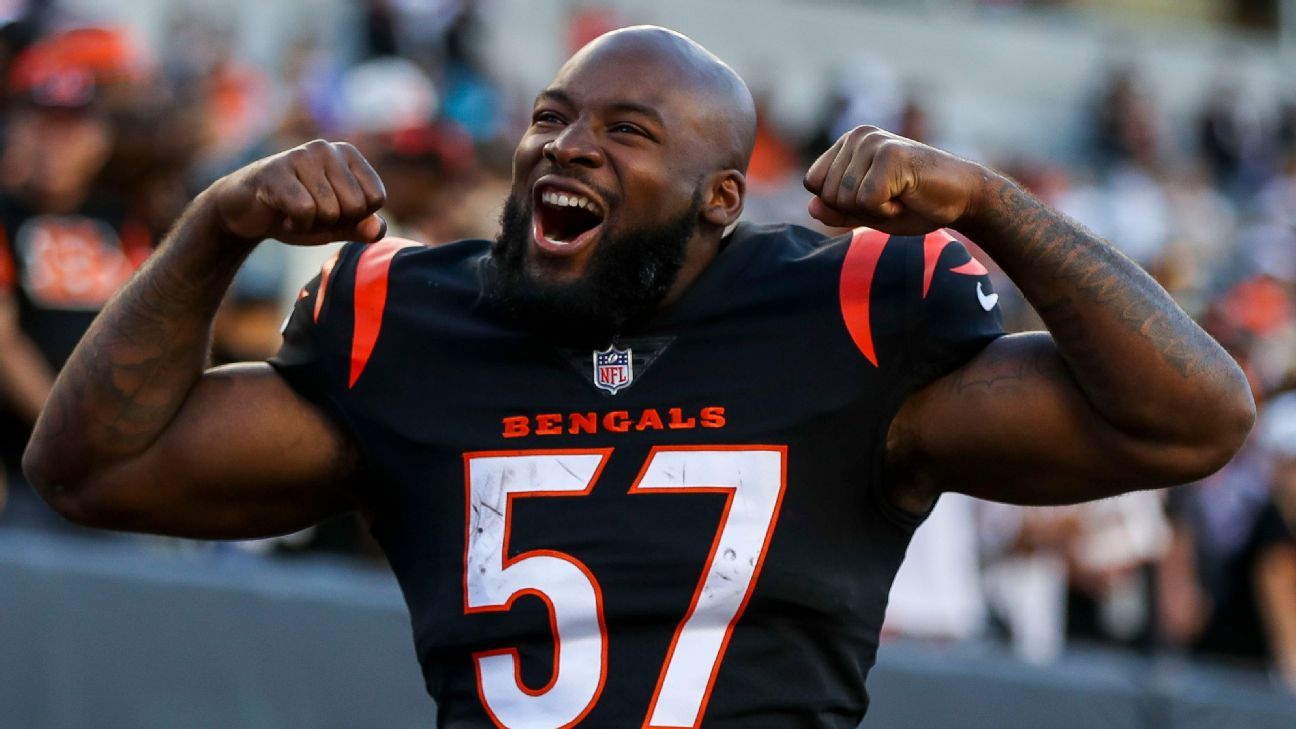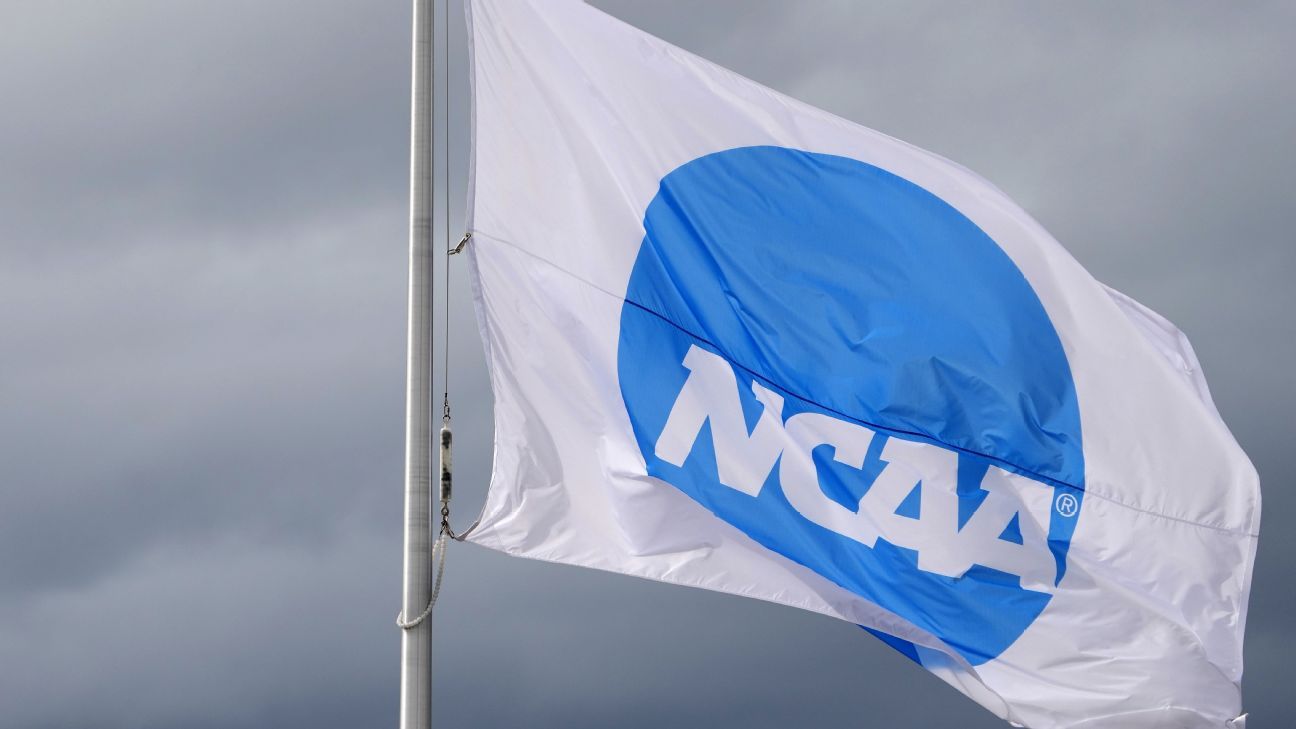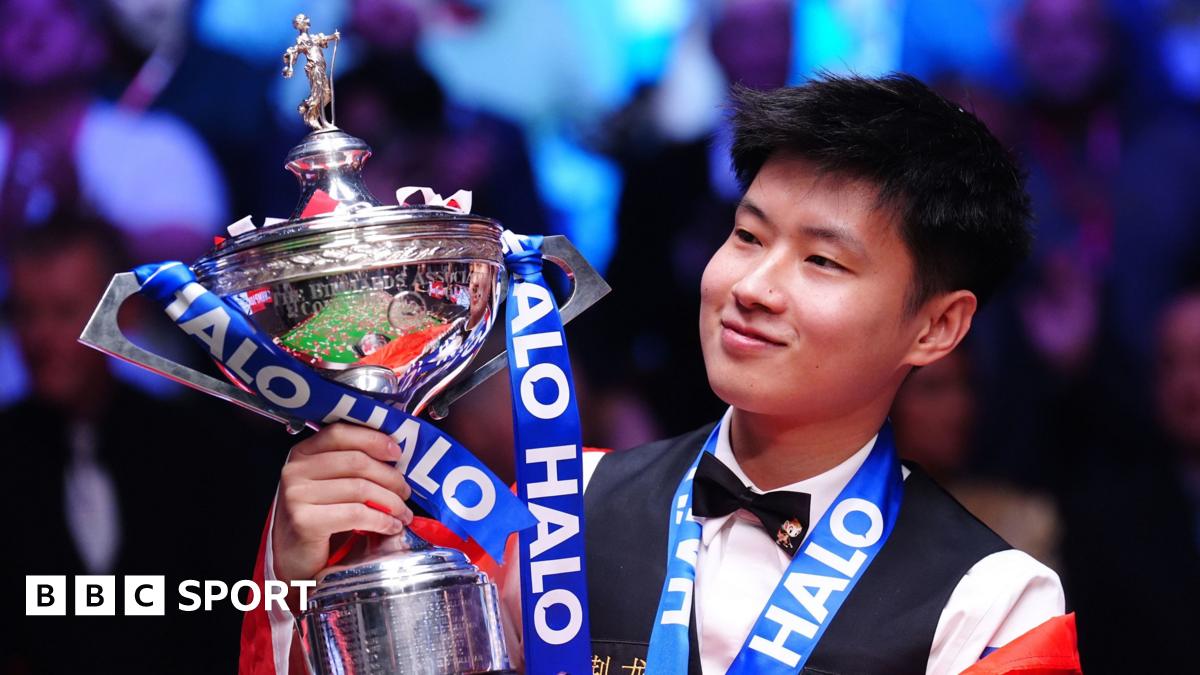Doug Greenberg
Paula Lavigne

Paula Lavigne
ESPN Investigative Reporter
- Data analyst and reporter for ESPN's Enterprise and Investigative Unit.
- Winner, 2014 Alfred I. duPont Columbia University Award; finalist, 2012 IRE broadcast award; winner, 2011 Gannett Foundation Award for Innovation in Watchdog Journalism; Emmy nominated, 2009.
Apr 3, 2025, 04:03 PM ET
The city of Baltimore sued DraftKings and Flutter Entertainment, the parent company of FanDuel, on Thursday, accusing the sportsbooks of engaging in deceptive and unfair practices to target and exploit vulnerable gamblers.
The complaint, which was filed in Baltimore City Circuit Court, a state court, alleges that the companies use misleading promotions to attract bettors and then leverage data and analytics to keep problem gamblers betting, practices it says are in violation of the city's Consumer Protection Ordinance.
"These companies are engaging in shady practices, and the people of our city are literally paying the price," Baltimore mayor Brandon Scott said in a news release. "DraftKings and FanDuel have specifically targeted our most vulnerable residents -- including those struggling with gambling disorders -- and have caused significant harm as a result. This lawsuit is a critical step to hold them accountable and protect all Baltimoreans."
FanDuel declined to comment, while DraftKings did not provide a statement.
As the lawsuit outlines, the companies acquire new users by offering bonus bets -- monetary credits that can only be used at the sportsbook -- as a reward for signing up. These bonus bets are often only valid for seven days, which encourages frequent betting in the early stages, according to the complaint.
"Defendants are not interested in people merely dipping their toes in the water: They want bettors to bet, in significant amounts, over and over," the complaint reads. "Some get hooked, and that's the point."
Once users start betting, the companies collect data on them and use the data to identify those most likely to gamble more, according to the complaint.
One company owned by Flutter has collected "at least 186 attributes for each bettor, including their propensity to gamble and susceptibility to marketing," the complaint reads. Some of these users are set up in the sportsbooks' VIP programs, where they are paired with hosts who provide them with exclusive offers and check in with them "to keep these players betting as much as possible," the lawsuit alleges.
Instead of targeting problem gamblers, the lawsuit states, the sportsbooks could use their data to identify and help them combat their addiction. "DraftKings and FanDuel could leverage their troves of user data for good if they wanted to," it reads.
It also cites a study from the University of Maryland's Center of Excellence on Problem Gambling that found 20.8% of online sports bettors showed signs of disordered gambling, compared to only 11.3% of in-person sports bettors.
The sportsbooks' practices are so well known in the industry that sharp bettors "have learned to mimic the behavior of problem gamblers" in order to receive rewards and maintain higher betting limits, the lawsuit alleges.
The lawsuit also notes that Flutter implemented certain protections in the United Kingdom that it has not in the U.S. These include financial vulnerability checks, the curtailing of VIP programs and restrictions for bettors under 25 years old. "These changes and others could aid problem gamblers and forestall Baltimoreans from developing and becoming victim to gambling disorders," the complaint reads.
While individuals have made similar allegations in lawsuits against the major sports betting companies in recent years, Adam Levitt, a partner at Dicello Levitt, the law firm representing the mayor and city council of Baltimore, told ESPN this is the first case brought by an American public entity against online sportsbooks since a 2018 Supreme Court decision allowed states to begin legalizing sports betting.
Levitt said that a city like Baltimore has an advantage in bringing forward a suit compared to individual bettors, who agree to an arbitration clause when signing up for the apps that essentially prevents them from being part of a class-action lawsuit. "Public entities are not subject to those sorts of arbitration clauses," he said. "Public entities can bring claims to protect their citizens for this type of wrongdoing."
Maryland legalized sports betting in 2021, and the state's sportsbooks reported taking nearly $5.4 billion in sports bets for fiscal year 2024, resulting in over $60 million in revenue for the state.
In January 2025, Maryland bettors wagered more than $457 million on DraftKings and FanDuel, while their closest competitor, BetMGM, took $51 million, according to the complaint. According to Maryland Lottery and Gaming, contributions to the state from sports wagering are directed to the Blueprint for Maryland's Future Fund, which supports public education programs. Since December 2021, it has contributed $143 million.
The city of Baltimore receives no direct revenue from sports betting, according to an email from Dicello Levitt. The city is seeking statutory penalties as well as injunctive relief requiring the sportsbooks to stop these practices and reform their platforms. FanDuel and DraftKings have about 30 days to respond.


















































